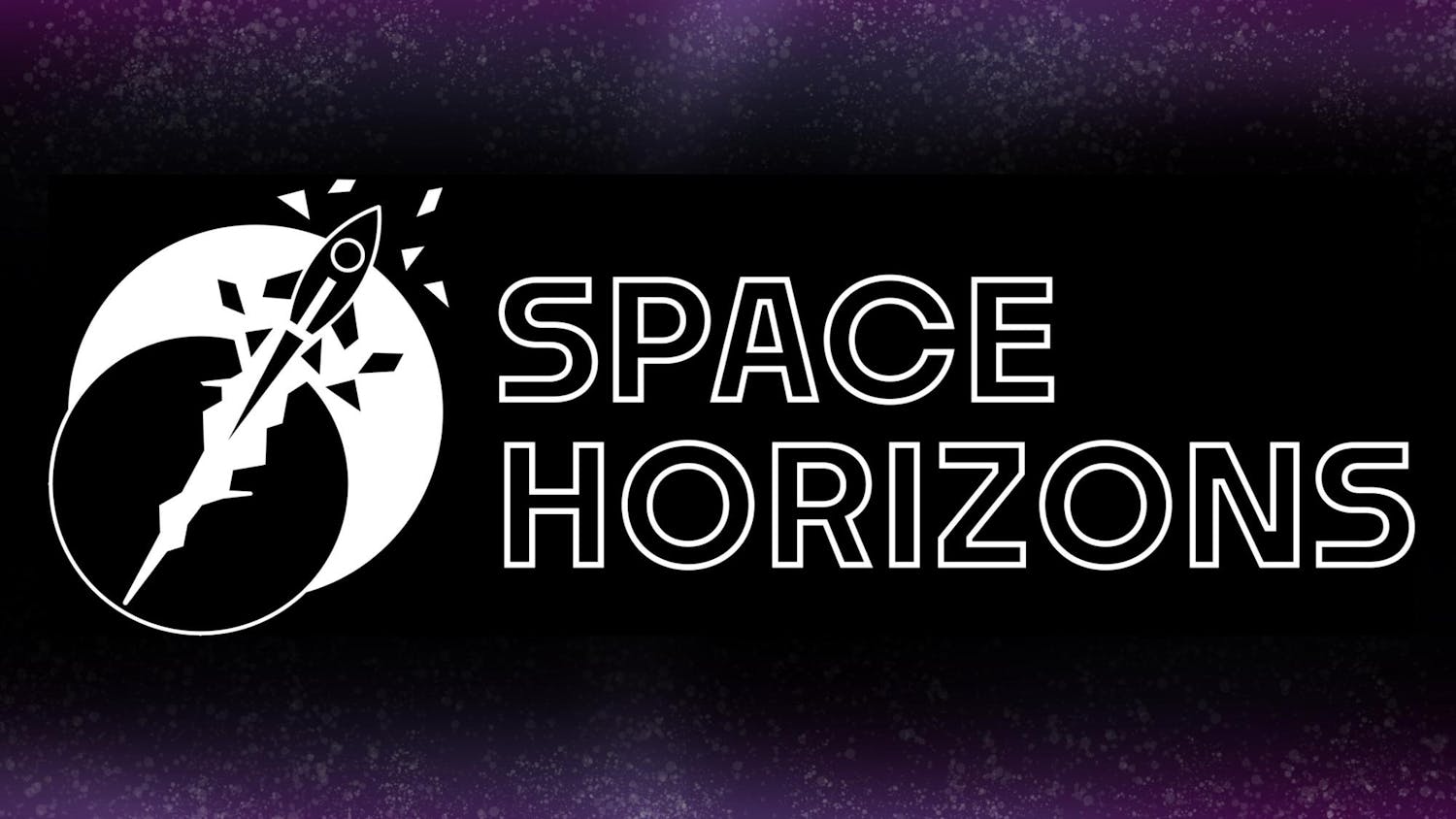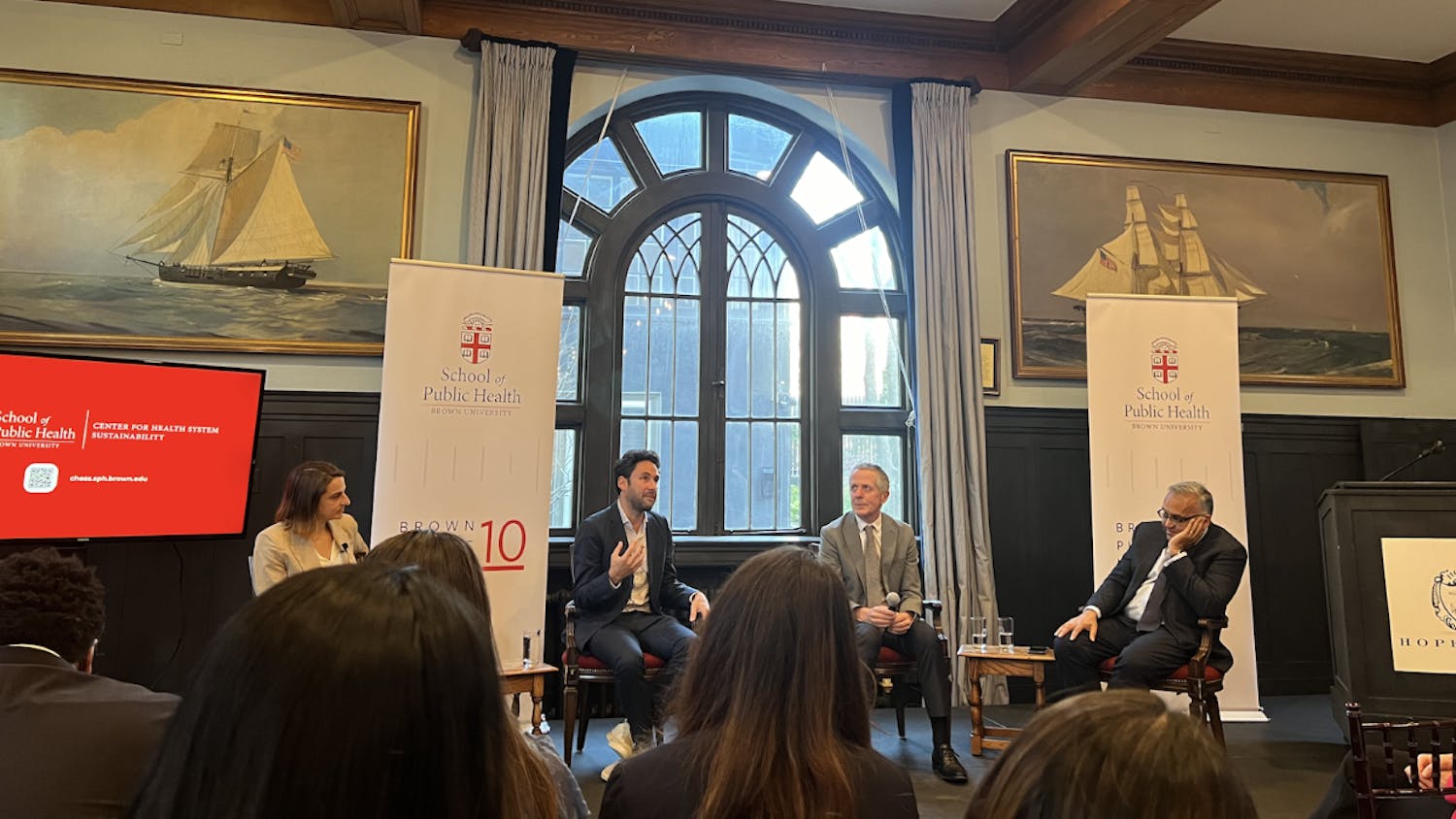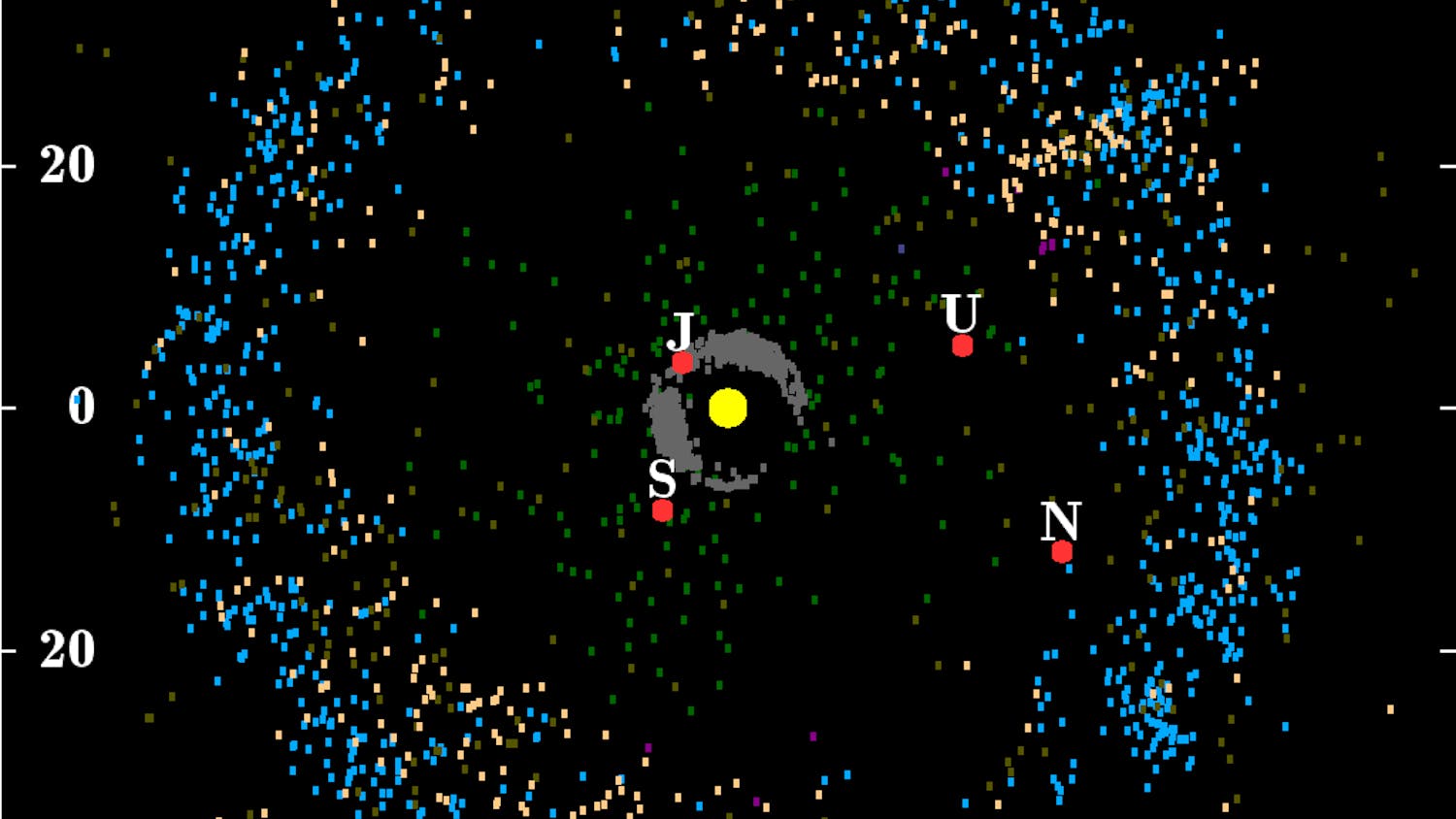While some high school students may spend their spring breaks sunning on a beach or sleeping late over family vacations, 30 high school students traveled to Kamuela and South Kona, Hawaii with the Brown Environmental Leadership Lab. Through BELL, founded in 2002, high school students are given the opportunity to develop skills that will help them positively respond to problems plaguing the environment.
In Hawaii, students explored the complex coral reef systems and green sea turtle populations. They traveled to sustainable farms and organic coffee plantations and immersed themselves in Hawaiian culture.
“The goal was to develop a program that was academically challenging for highly motivated and capable high school students that was experiential in nature,” said Robin Rose, senior associate dean of Continuing Education and founder of BELL.
Immersion in whatever environment they are studying is essential to understanding its problems as well as potential solutions to those issues, Rose said.
“It’s one thing to care intellectually about what’s happening with climate change or degradation of coral reefs or forests or whatever,” she said. “But when you live in it, are part of it, you consequently have a different relationship with it.”
In addition to Hawaii, BELL also offers programs in Costa Rica, the Gulf Coast and, starting this summer, Alaska. Each of the programs offers different cultural and ecological advantages, Rose said.
From palm frond weaving to snorkeling among endangered species, students were asked to focus on both the cultural and ecological issues around them and how the two relate. In Hawaii in particular, “you’re learning about traditional Hawaiian culture and values and how those connect to environmental issues both past and present,” Rose said.
Leadership development is also a large focus for students participating in BELL programs, Rose said, adding that she hopes students will employ the skills they learn at BELL in their communities.
Portions of students’ time in each program are dedicated to leadership building and reflective exercises, where students are asked to think about what kind of leaders they are and how they fit into group roles.
BELL students hail from all over the world, coming from as far as South Africa and Switzerland and as close as Rhode Island to participate in one of the four programs offerred, Rose said. The application process is rigorous, requiring an essay, transcript and teacher recommendation.
The caliber of some the essays is “really quite impressive,” said Lauren Watka AM ’12, BELL program manager. Watka added that many of the students actually aspire to attend Brown, and so they receive some extremely competitive applicants.
Students who are admitted must pay for the trip, either out of their own pockets or through fundraising efforts — the Hawaii program costs $3,195 not including airfare, though some financial aid is available.
“In many of the places, there are still similar (environmental) issues, but they are manifested in a totally different and culturally specific way,” Watka added. Some students, she said, actually complete multiple programs and report learning just as much in a second program as in the first.
For Jayce G, a science teacher at Arlington High School in Massachusetts, who attended BELL Hawaii in 2004, the experience was one he will never forget. At the end of his trip, he said he wanted to move to Hawaii and live there for the rest of his life. “Every moment that we were there was something new and something really cool,” he said, adding that he incorporates the leadership skills he learned at BELL into his teaching today.
Christina Catanese has returned to work at BELL several times since she completed the flagship BELL Rhode Island program in 2002. Catanese said she appreciates the science and leadership skills she acquired during the program, which play a role in both her work at a nature conservancy in Philadelphia and as a dancer.
She said she is also grateful for the relationships formed with people in the program. “The people you connect with are amazing, they are some of the most special people in my life,” she said.
If Watka could have students take one thing away from their Hawaii trip, she said she “would hope that they fall in love with a people and a place that they never would have had access to before, and be prompted from that to care for their own home more.”
ADVERTISEMENT




